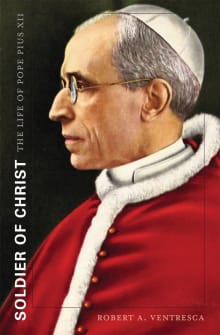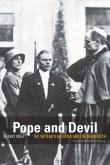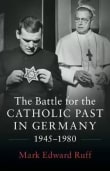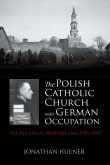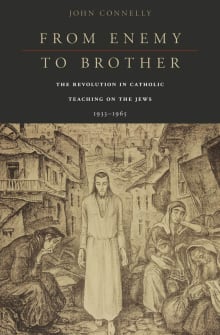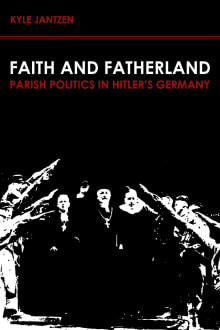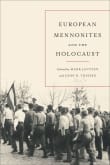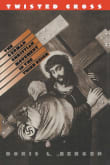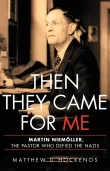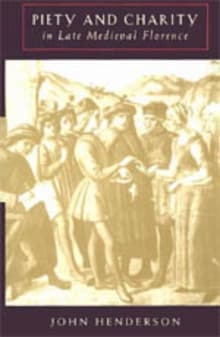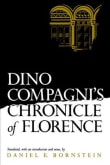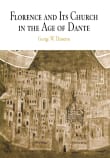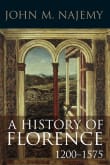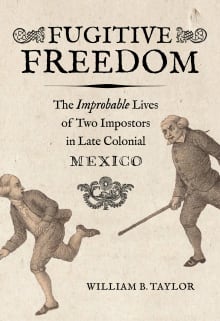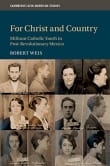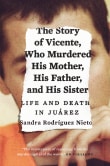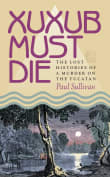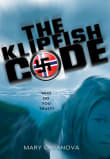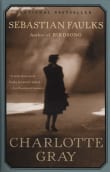
From my list on Catholic churches in Hitler’s Germany.
Why are we passionate about this?
We are historians of twentieth-century Germany who investigate the relationship between church and state from 1918-1945. We are fascinated by the choices of Christian leaders during this time as they negotiated the challenges of living and leading under National Socialism. In our writing, we seek to understand the connections between Christian antisemitism and National Socialists’ racial-based exclusionary ethnonationalism and antisemitism and seek to understand how religious communities navigate ethical and practical challenges of living through political upheaval and fascism.
Kevin's book list on Catholic churches in Hitler’s Germany

Why did Kevin love this book?
The leading expert on the Holy See during World War II, Ventresca offers us an immensely readable and authoritative biography of the elusive Eugenio Pacelli. In many ways, it surpasses all previous biographies in its comprehensive and convincing analysis of its central subject, Pope Pius XII. Ventresca adeptly bores through the polemical and problematic arguments that encompass the decades-long “Pius Wars” and offers us a balanced portrait of Pacelli, who is neither a condemned reprobate nor an exalted saint. Rather, Ventresca shows that Pacelli was a man of his time, burdened with nearly insurmountable challenges, who nevertheless consistently preferred to address them through a diplomatic path of prudence and caution that always placed the needs of the institutional Church before all other concerns.
1 author picked Soldier of Christ as one of their favorite books, and they share why you should read it.
Debates over the legacy of Pope Pius XII and his canonization are so heated they are known as the "Pius wars." Soldier of Christ moves beyond competing caricatures and considers Pius XII as Eugenio Pacelli, a flawed and gifted man. While offering insight into the pope's response to Nazism, Robert A. Ventresca argues that it was the Cold War and Pius XII's manner of engaging with the modern world that defined his pontificate.
Laying the groundwork for the pope's controversial, contradictory actions from 1939 to 1958, Ventresca begins with the story of Pacelli's Roman upbringing, his intellectual formation in Rome's…
